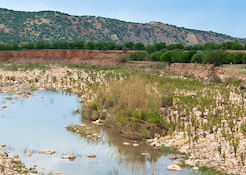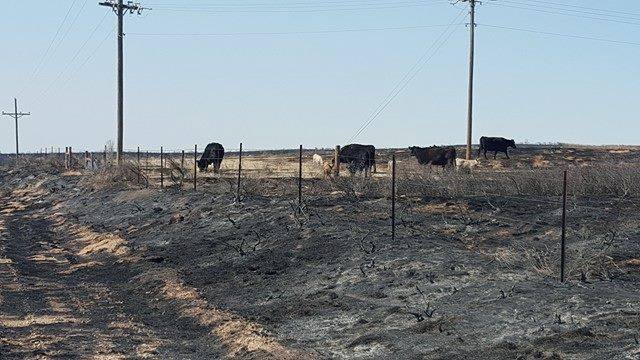Where Has All The Water Gone?
Pop Quiz: Which of these three states are suffering drought conditions: California, Minnesota or Washington? I bet you picked California. But would you also believe Minnesota? According to a recent FEMA bulletin, $500,000 has just been awarded to Lake County, Minn. for installation of fire-resistant roofing materials on 65 residential and commercial structures. The award is being made because […]

Pop Quiz: Which of these three states are suffering drought conditions: California, Minnesota or Washington?
I bet you picked California. But would you also believe Minnesota?
According to a recent FEMA bulletin, $500,000 has just been awarded to Lake County, Minn. for installation of fire-resistant roofing materials on 65 residential and commercial structures. The award is being made because “of the potential of significant drought this year.” FEMA says it is “looking to implement measures that will better protect our residents.”
As a longtime resident of Minnesota, a state known as “The Land of 10,000 Lakes,” it’s hard to imagine drought conditions here. More so, in 2012 St. Louis County had significant flash flooding resulting in millions of dollars in damages. Now the worry isn’t too much water, but not enough.
Drought in the United States has been significant cause for concern, particularly in California, but also in parts of the Midwest. Both of these areas are significant agricultural and livestock areas, and drought not only affects day-to-day life, but also the economy in big ways. The latest report from the U.S. Drought Monitor indicates that the most severe drought is California, Texas, Oklahoma, and southern Kansas, with those areas in exceptional (the highest level), extreme, or severe drought. Minnesota is listed as being in moderate drought. The move by FEMA is important, because it means U.S. emergency management officials are looking for ways to mitigate drought before it gets out of control, and that’s something we should all be thinking about.
For those of us focused on disaster management and mitigation, thanks largely to climate change, it’s a whole new world. We have stay on top of things like never before and be prepared for the unexpected, even unpredictable.
More like this

Giving Thanks in the Face of Disasters

